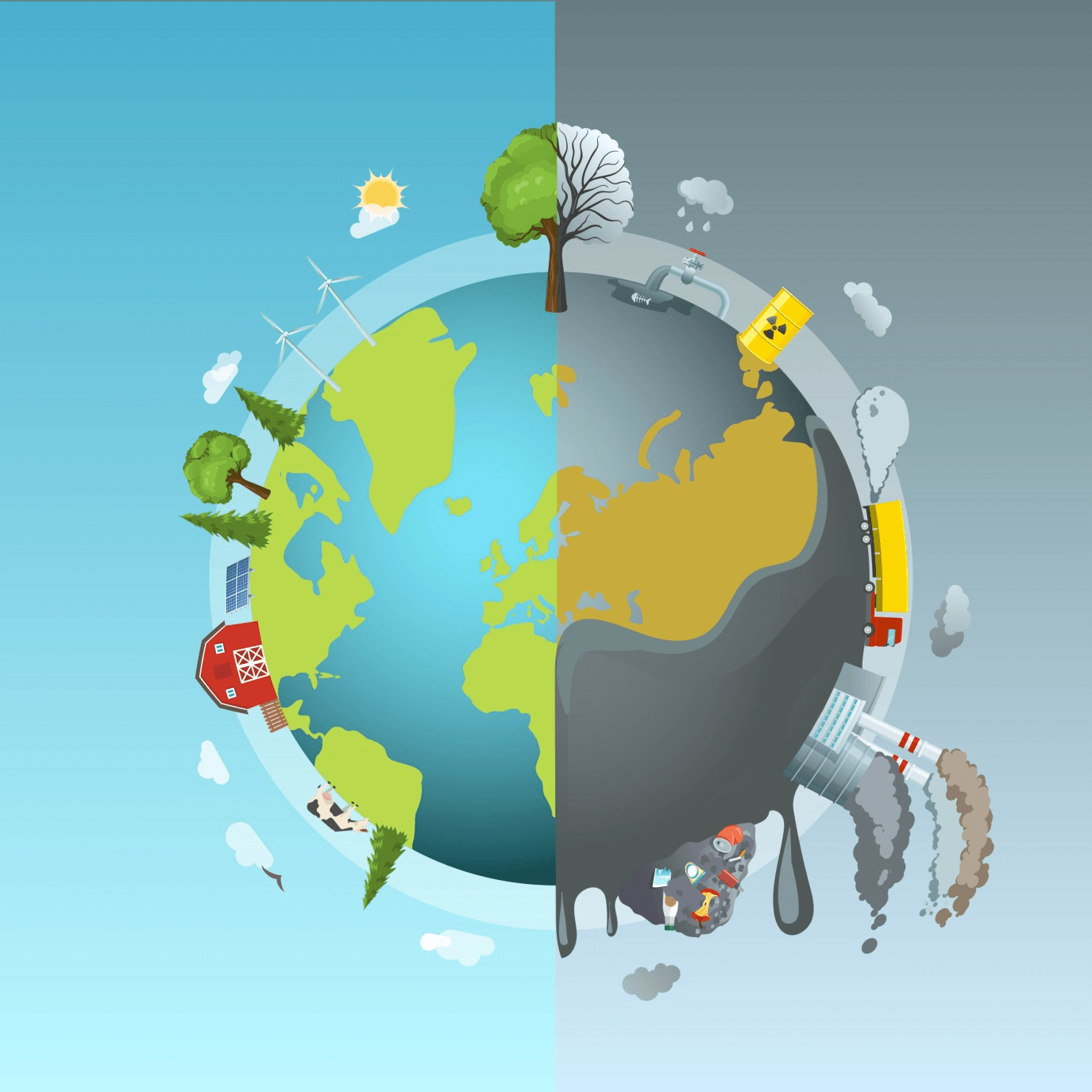
The Digital Doctor is In: AI and Telemedicine Redefine Healthcare
The healthcare industry is undergoing a seismic shift fueled by artificial intelligence (AI) and telemedicine.

New research shows that floating solar farms can help protect lakes and reservoirs from the several harms of climate change. However, given the complex nature of water bodies and the different solar technology projects, it can also have a harmful effect on ecosystems by creating floating solar arrays.
Some of the conventional solar farms are controversial due to the amount of land they occupy. This leads to growing interest in floating solar farms – using the extra space that water bodies provide.
So far, there are three floating solar arrays of commercial size in the UK and hundreds of others worldwide. The number of installations is likely to increase significantly in the coming decades as demand for energy from renewable sources increases and more countries commit to zero-carbon targets. However, little is known about the positive or negative impacts.
Scientists from the University of Lancaster and the University of Stirling have completed the first detailed modeling of the impact of floating solar systems on bodies in the aquatic environment.
Mr. Dr. Giles Exley, Researcher and lead author from the University of Lancaster, stated, “As the demand for land increases, water bodies are increasingly being targeted for renewable energy. Deployment of solar on water increases electricity production, but it is critical to know if there will be any positive or negative environmental consequences.”
Scientists have found that floating solar installations reduce the duration of “stratification” – here, the sun heats the water, creating different water layers at different temperatures. This usually happens during the warm summer months and can lead to deoxygenation of the lower water layer, which degrades water quality – an obvious problem for the drinking water supply. However, the picture is quite complex, and there are conditions under which stratification and the adverse effects on water quality could increase if floating solar farms are created.
Series that cover more than 90 percent of lakes can increase the chances of the lake freezing in the winter. Studies show that these effects would be specific to the water body and the installation design and would require further studies.

The healthcare industry is undergoing a seismic shift fueled by artificial intelligence (AI) and telemedicine.

The healthcare and pharmaceutical sectors are navigating a transformative period, with technological advancements reshaping patient care, operational efficiencies, and strategic growth.

In the world of business, financial wizards wave their wands to conjure profits and success. But behind every great money magician …

Insurtech is not just making waves in the insurance industry—it’s rewriting the rulebook. As technology-driven startups disrupt …